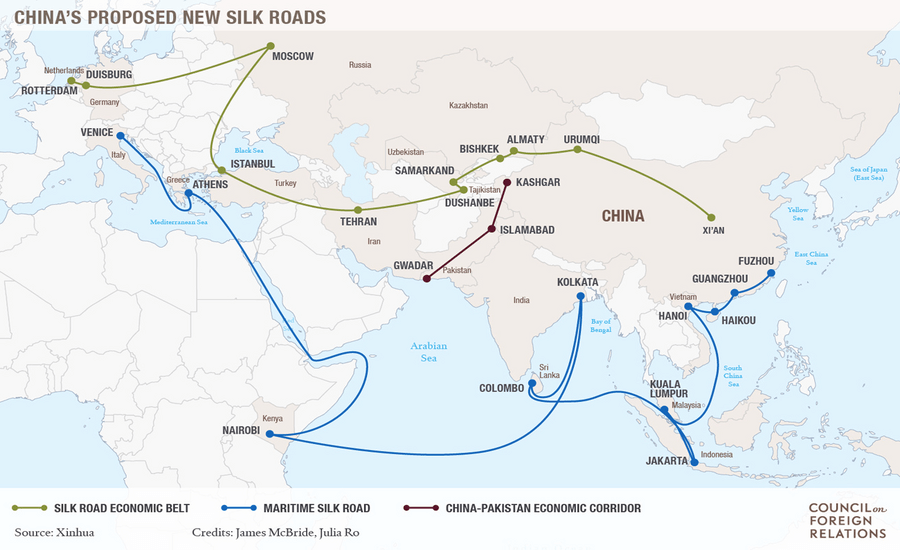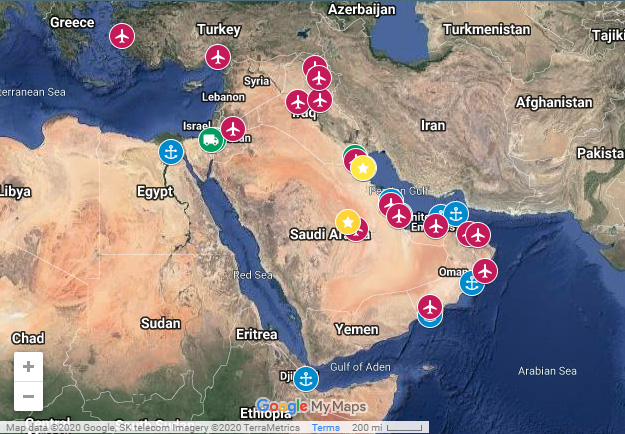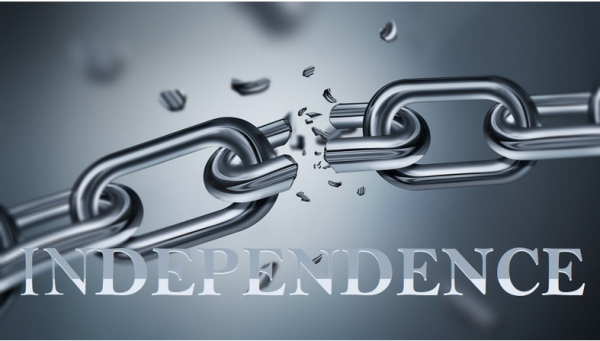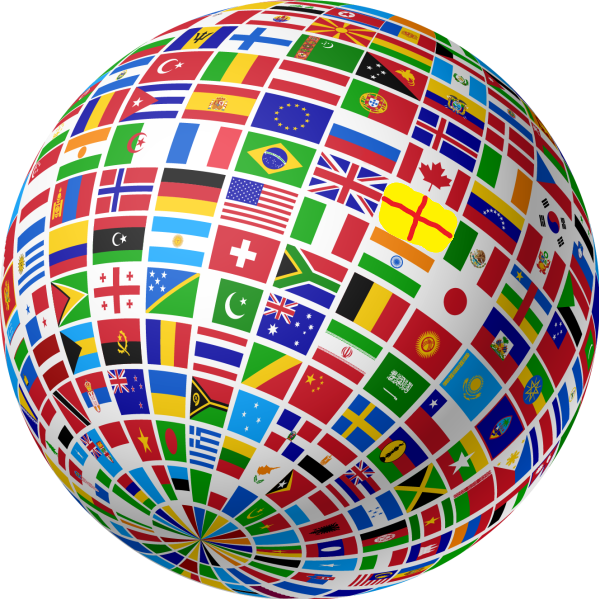
Leaked cables reveal Washington pressured Pakistan to remove its prime minister for pursuing independence. This isn’t diplomacy—it’s imperial manipulation.
When Imran Khan visited Moscow on the very day Russia invaded Ukraine, it wasn’t just a diplomatic snub to Washington—it was an act of defiance. For that, he would pay the ultimate political price. Recently leaked diplomatic cables confirm what many suspected: the United States pressured Pakistani officials in 2022 to remove their prime minister. Within months, Khan was out of office, then arrested, while Pakistan signed a new defense agreement with the United States. This isn’t coincidence—it’s the modern imperial playbook in action.
The Coup That Wasn’t Secret
The leaked cables reveal a systematic campaign to undermine Khan’s government. Why? His foreign policy vision directly challenged American hegemony. While previous Pakistani leaders had balanced between Washington and Beijing, Khan unequivocally pivoted toward China and Russia. He embraced China’ Belt and Road Initiative, pursued energy deals with Moscow, and most provocatively, maintained Pakistan’s neutrality in the Ukraine conflict—a stance Washington viewed as alignment with its adversaries.
Khan’s removal followed a familiar pattern: political instability engineered, a pliable successor installed, and then—crucially—a new defense pact signed that locked Pakistan deeper into America’s security architecture. The entire operation took less than a year.

In a development that has sent shockwaves through Pakistan’s political sphere, The Intercept, an American news organization, has unveiled a copy of the notorious cipher. This document sheds light on what the publication describes as unequivocal interference, vested interests, and the active role played by the United States in orchestrating the downfall of Prime Minister Imran Khan’s government. The news agency claims that Imran Khan’s foreign policy goals were the main reason behind his ouster, for example strengthening bilateral relations with China and Russia.
The Great Game 2.0: Playing India Against Pakistan
Washington’s strategy in South Asia is a masterclass in “divide and rule.” On one hand, the US cultivates India as a counterweight to China, supplying advanced weapons and intelligence. On the other, it maintains Pakistan as a check on Indian power—a nuclear-armed rival that ensures Delhi never becomes too independent.
This balancing act serves multiple purposes:
-
It keeps both nations dependent on American military equipment
-
It prevents the emergence of a united South Asian bloc
-
It ensures Washington remains the ultimate arbiter of regional disputes
The US doesn’t want India to win—it wants both countries to remain perpetually engaged in managed conflict, forever needing American mediation.

Pakistan’s Strategic Value: More Than Just Real Estate
With over 200 million people and nuclear weapons, Pakistan represents the ultimate “swing state” in Asia. Its location offers access to Central Asia, the Middle East, and critically—the Indian Ocean. China recognized this years ago, investing heavily in the China-Pakistan Economic Corridor. The US now seeks to counter that influence by drawing Pakistan back into its orbit.
But Washington’s interest isn’t in Pakistan’s development—it’s in Pakistan’s utility. As one analyst noted, “The US wants to have its cake and eat it too: use India against China, while using Pakistan against India.”


The Inevitable Next Target
If the US succeeds in containing China, India will inevitably become Washington’s next “problem.” A nation of 1.4 billion people with its own civilizational ambitions cannot permanently serve as another country’s lieutenant. American strategists understand this—which is why they work to ensure no regional power becomes strong enough to challenge US primacy.
The same playbook used against Pakistan—strengthening neighbors, planting narratives of aggression, economic pressure—will eventually be deployed against India once it outlives its usefulness as a Chinese counterweight.

Conclusion: Sovereignty as the Ultimate Rebellion
Imran Khan’s real crime wasn’t corruption or incompetence—it was asserting Pakistan’s right to an independent foreign policy. In today’s unipolar world, that remains the ultimate rebellion. The leaked cables exposing US interference should serve as a warning to all nations seeking strategic autonomy: Washington still believes it has the right to choose other countries’ leaders.
But the era of American unipolarity is ending. As China rises and regional powers assert themselves, the US will find it increasingly difficult to manipulate nations like chess pieces. The people of South Asia—whether in Islamabad or Delhi—are waking up to the reality that their conflicts often serve interests an ocean away. True sovereignty begins when they recognize the manipulator behind the mediation.



